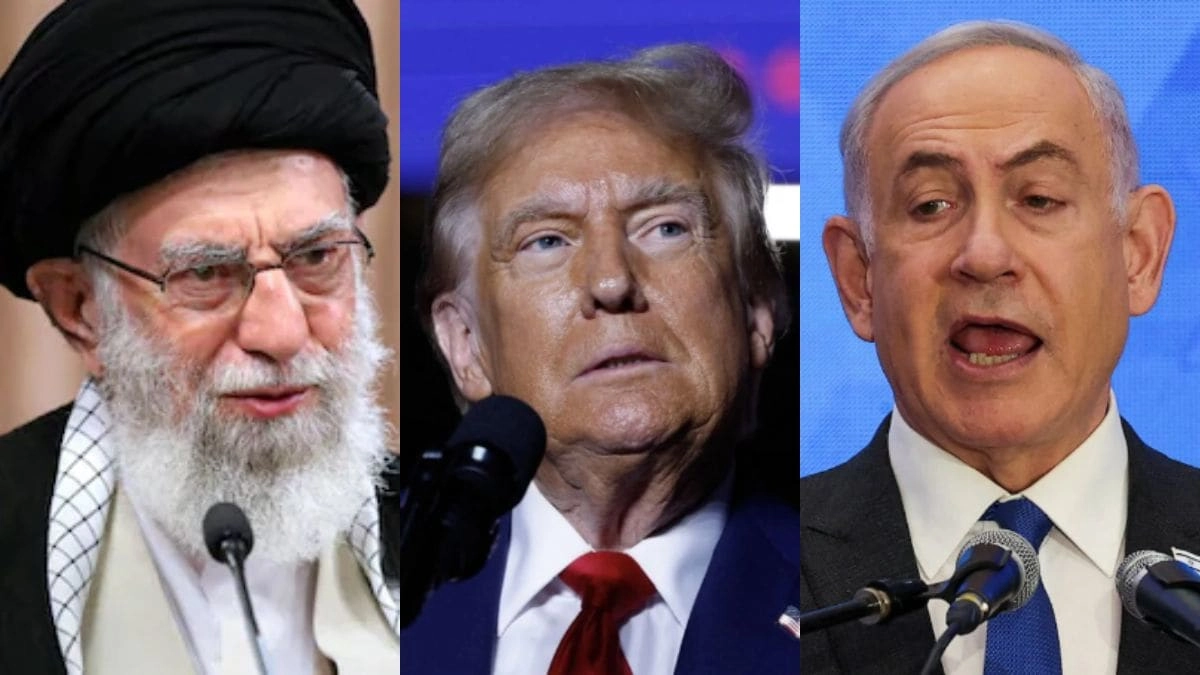The U.S. government is considering the implementation of artificial intelligence technology to monitor social media platforms for content that is deemed supportive of Hamas. This initiative is part of a broader strategy to address concerns regarding national security and the potential risks associated with individuals who may be advocating for or promoting extremist ideologies online. By leveraging AI tools, authorities aim to identify and analyze posts that could indicate a pro-Hamas stance. Furthermore, those identified as engaging in such activities may face serious consequences, including the revocation of their visas. This move has sparked considerable debate about the implications for free speech and privacy rights, as well as the effectiveness of using AI in this manner. Critics argue that the use of AI in monitoring social media could lead to overreach and unjust penalties for individuals expressing legitimate opinions. Supporters contend that it is a necessary measure to ensure safety and security in an increasingly complex global landscape. The potential for AI to impact visa statuses raises important questions about the balance between maintaining national security and protecting individual freedoms, highlighting the need for careful consideration of the policies that govern this type of surveillance and enforcement.
The U








